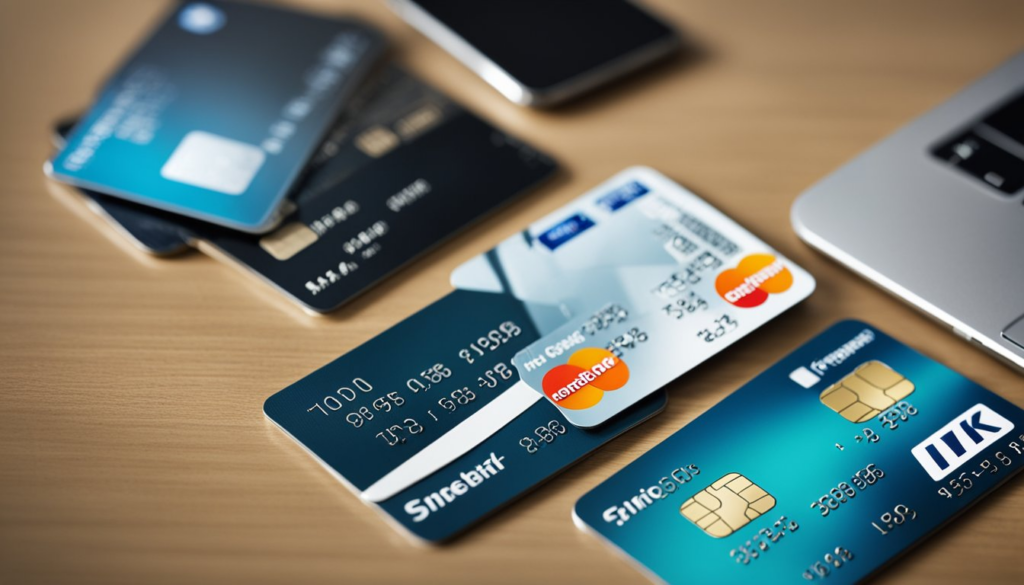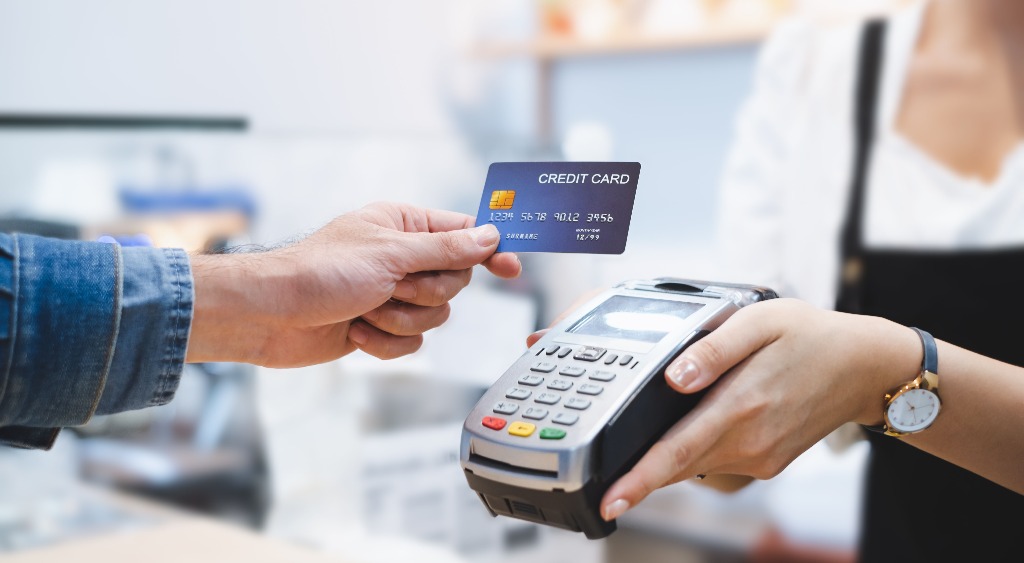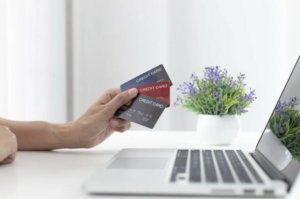
In today’s world, credit cards are indispensable tools for managing finances and making purchases. However, if not used responsibly, they can lead to financial pitfalls and debt traps. Learning how to control your credit card is essential for maintaining a healthy financial life. Whether you’re a credit card novice or a seasoned user, implementing smart strategies can help you stay in control of your spending and build a solid credit history. Here are some expert tips to help you navigate the world of credit cards with confidence.
Understand Your Credit Card Terms and Conditions
Before using your credit card, take the time to read and understand the terms and conditions provided by your card issuer. Pay close attention to interest rates, fees, grace periods, and rewards programs. Knowing these details will help you make informed decisions about when and how to use your card.
Create a Budget
Establishing a budget is crucial for managing your finances effectively, including your credit card spending. Take stock of your monthly income and expenses, and allocate a specific amount for discretionary spending, including credit card purchases. Stick to your budget to avoid overspending and accumulating debt.
Pay Your Balance in Full Each Month
One of the most effective ways to control your credit card is to pay your balance in full every month. By doing so, you avoid paying interest on your purchases and prevent debt from accumulating. If paying the full balance isn’t feasible, strive to pay more than the minimum amount due to reduce the overall interest you’ll incur.
Set up Payment Reminders
Missing credit card payments can result in late fees, penalty interest rates, and damage to your credit score. To avoid this, set up payment reminders through your bank’s online banking platform or mobile app. You can also automate your payments to ensure they’re made on time each month.
Monitor Your Spending Regularly
Keep track of your credit card transactions by reviewing your monthly statements or monitoring them online. This allows you to identify any unauthorized charges, track your spending habits, and stay within your budget. Many credit card issuers also offer mobile apps that provide real-time transaction alerts, making it easier to monitor your spending on the go.
Limit the Number of Credit Cards You Use
While having multiple credit cards can provide flexibility and rewards, it can also increase the temptation to overspend. Limit the number of credit cards you use to avoid spreading your finances too thin and making it harder to track your spending.
Avoid Cash Advances
Cash advances on credit cards often come with high fees and interest rates, making them an expensive way to access cash. Whenever possible, use your debit card or withdraw cash from your bank’s ATM to avoid these extra costs.
Be Mindful of Your Credit Utilization Ratio
Your credit utilization ratio, which is the amount of credit you’re using compared to your total available credit, plays a significant role in your credit score. Aim to keep your credit utilization ratio below 30% to demonstrate responsible credit usage and maintain a healthy credit score.
Regularly Review Your Credit Report

Request a free copy of your credit report from each of the three major credit bureaus—Equifax, Experian, and TransUnion—at least once a year. Reviewing your credit report allows you to check for errors, identify any fraudulent activity, and ensure that your credit history is accurate.
Be Cautious with Balance Transfers
Balance transfer offers can be tempting, especially if they come with low or 0% introductory APRs. However, be cautious when transferring balances from one credit card to another, as it can sometimes lead to additional fees and higher interest rates once the promotional period ends.
Avoid Impulse Purchases
Before making a purchase with your credit card, take a moment to consider whether it’s a necessity or an impulse buy. Ask yourself if you can afford to pay for the item in full when your credit card bill arrives. Avoid using your credit card for discretionary purchases that you can’t afford to pay off immediately.
Plan for Large Expenses
If you anticipate making a significant purchase with your credit card, such as a vacation or home improvement project, plan ahead and budget accordingly. Avoid charging large expenses to your credit card impulsively, and consider saving up for them in advance to minimize the impact on your finances.
Stay Vigilant Against Fraud
Protect yourself against credit card fraud by safeguarding your card information and monitoring your account activity regularly. Report any unauthorized charges or suspicious activity to your card issuer immediately to prevent further damage to your finances.
Seek Professional Help if Needed
If you find yourself struggling to control your credit card usage or manage your debt, don’t hesitate to seek help from a financial advisor or credit counseling agency. They can provide personalized guidance and assistance in developing a plan to regain control of your finances.
Conclusion
Mastering your credit card requires discipline, diligence, and a proactive approach to managing your finances. By understanding your card’s terms and conditions, creating a budget, paying your balance in full each month, and monitoring your spending regularly, you can effectively control your credit card usage and avoid falling into debt traps. With these expert tips, you can confidently navigate the world of credit cards and build a solid financial foundation for the future.


